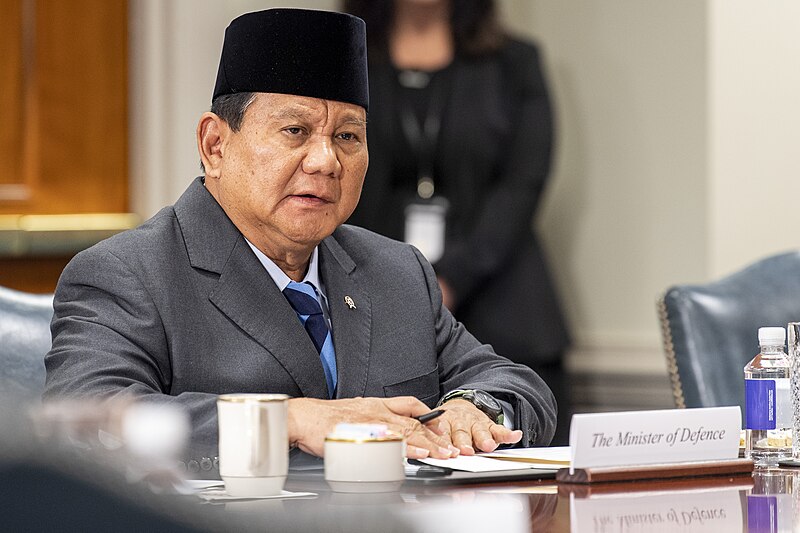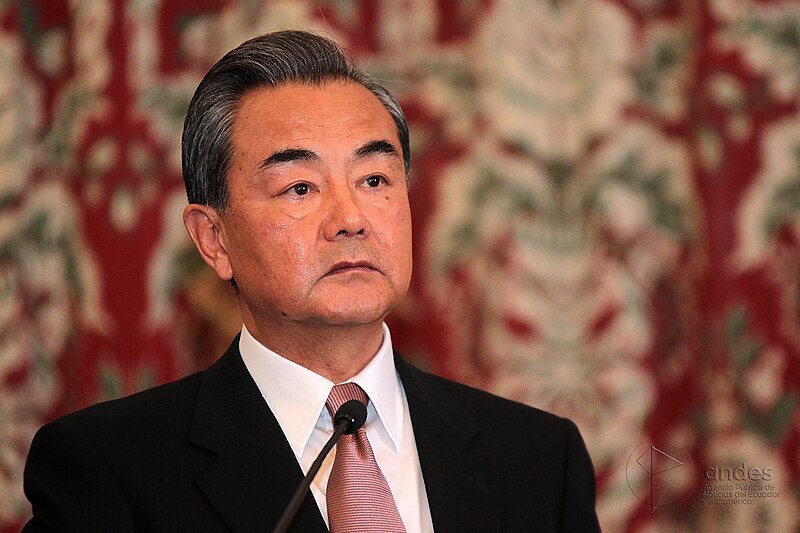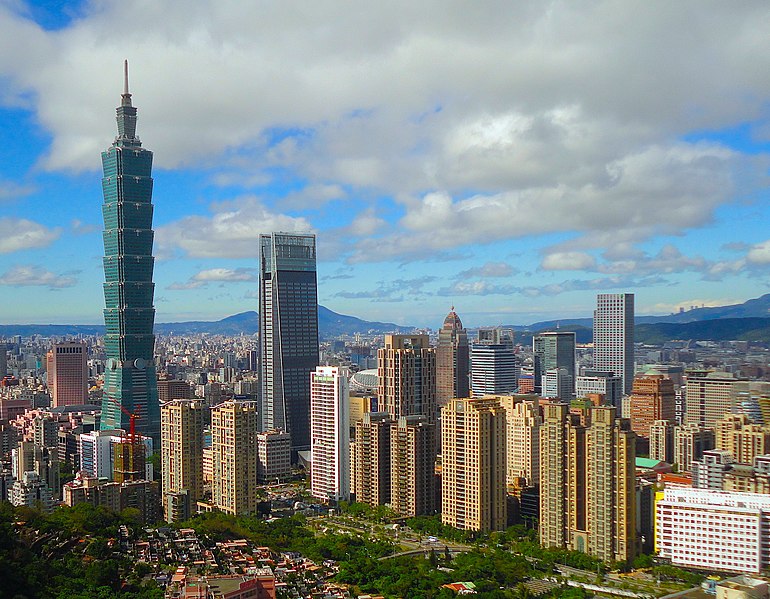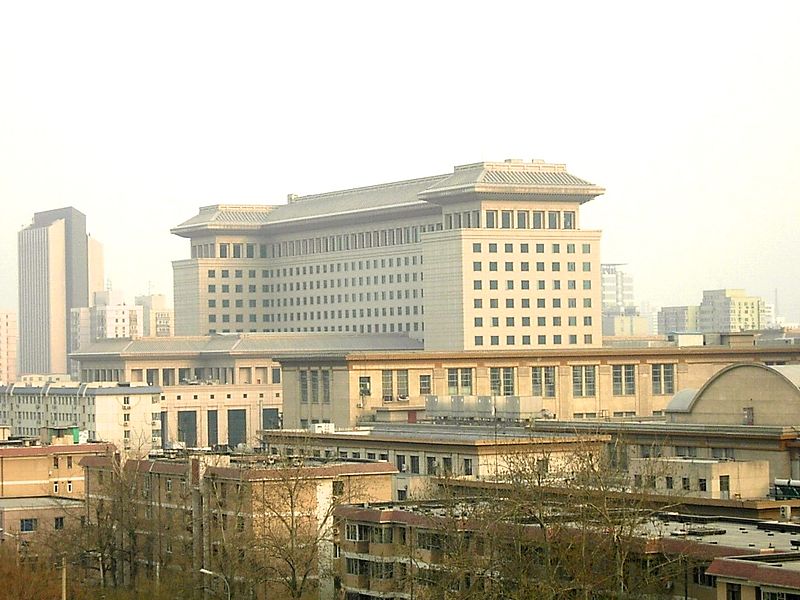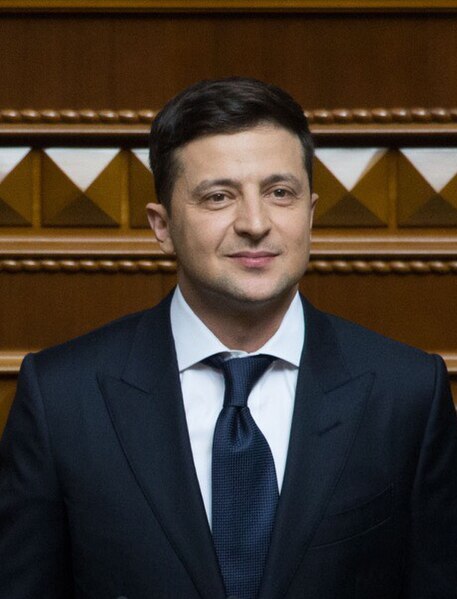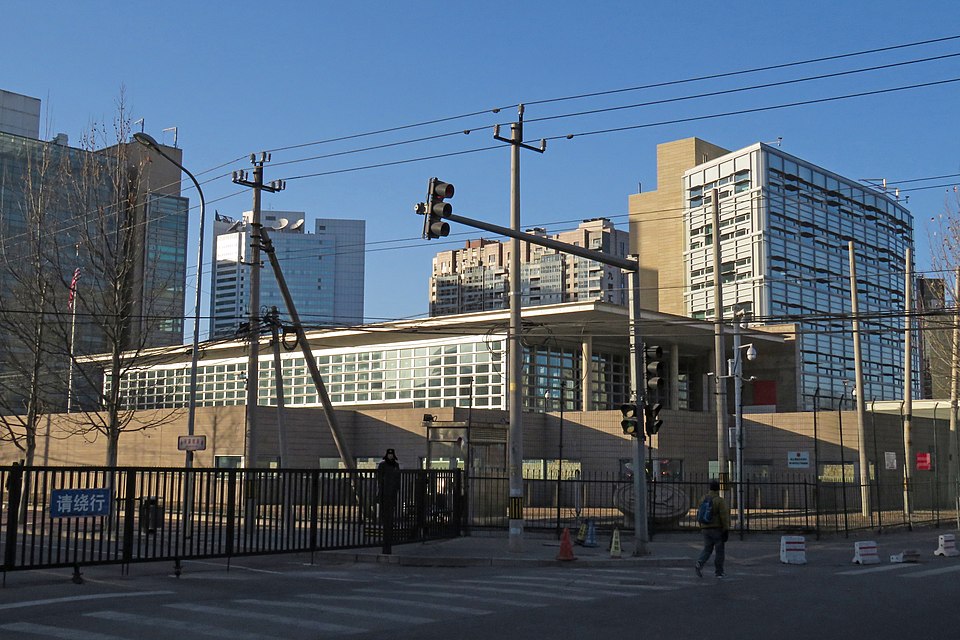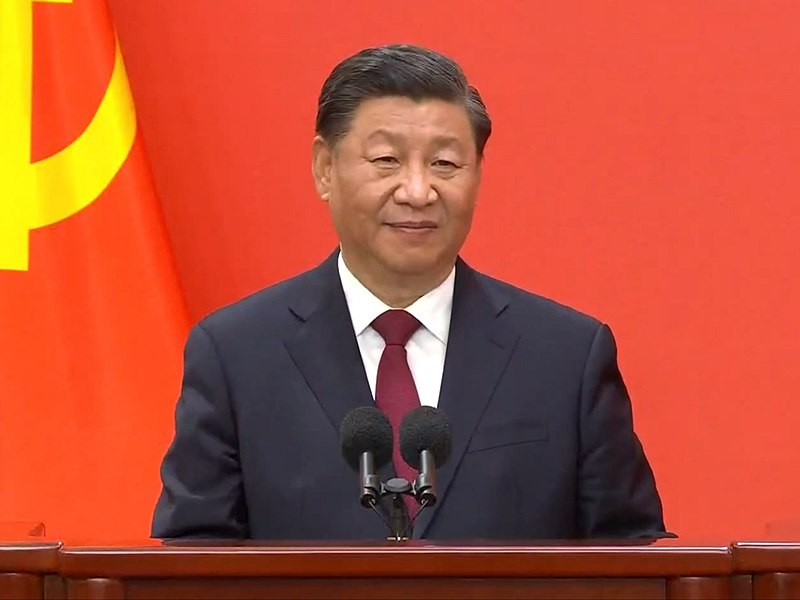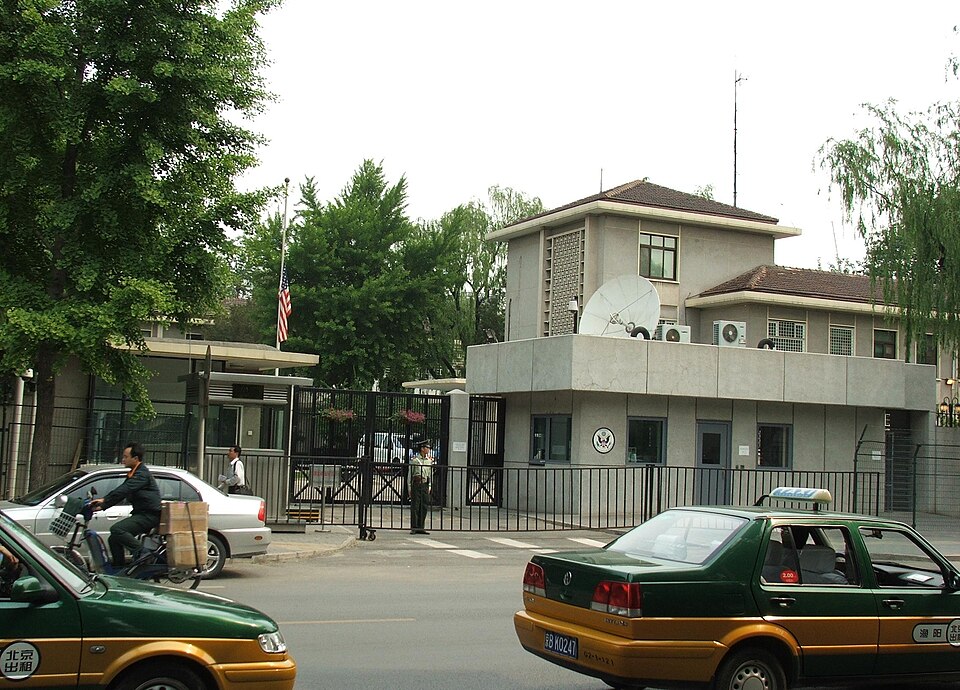
In the face of a challenging post-COVID recovery, China's top leaders have pledged to enhance policy support for the economy, with a particular focus on bolstering domestic demand and
implementing further stimulus measures.
The second-largest economy experienced sluggish growth in the second quarter, attributed to weakened demand both domestically and internationally. This has intensified the pressure on policymakers to take decisive actions in order to stabilize the post-COVID recovery.
The Politburo, a high-level decision-making body of the ruling Communist Party, stated that China will increase economic policy adjustments to expand domestic demand, boost confidence, and mitigate risks. President Xi Jinping, who chaired the meeting, acknowledged the new difficulties and challenges faced by the economy, including insufficient domestic demand, operational issues for some businesses, risks in key areas, and a complex external environment.
To address these challenges, China plans to implement precise and forceful macro adjustments while reinforcing counter-cyclical measures. The government will maintain a prudent monetary policy and an active fiscal policy to support economic growth.
President Xi emphasized the commitment to achieving the annual development targets set for the country.
Although China appears to be on track to meet its modest 2023 growth target of around 5%, there are concerns that it might miss the annual goal for the second consecutive year. However, analysts suggest that policymakers are likely to avoid aggressive stimulus measures due to mounting worries about increasing debt risks.
Despite the absence of major policy specifics, the outcome of the meeting indicates that further policy support will be introduced in the coming months. Policymakers aim to expand domestic demand by increasing residents' incomes, encouraging consumption-led growth, and facilitating local special bond issuance to stimulate investment.
The government also plans to boost demand in sectors like automobiles, electronics, household products, and tourism. Additionally, property policies will be adjusted and optimized in response to significant changes in the property market's supply and demand dynamics.
Regarding the property sector downturn, the government recognizes the need for policy changes to stabilize the economy, hinting at a potential easing of home purchase restrictions in some cities.
Addressing local government debt repayment burdens, China intends to effectively resolve local government debt risks and devise plans to address these issues.
Furthermore, China aims to enhance the development environment for private firms and maintain stability in trade and foreign investment. Recently, guidelines were released to bolster the private sector and ensure its growth and strength in the economy. Photo by Angélica Rivera de Peña, Wikimedia commons.
